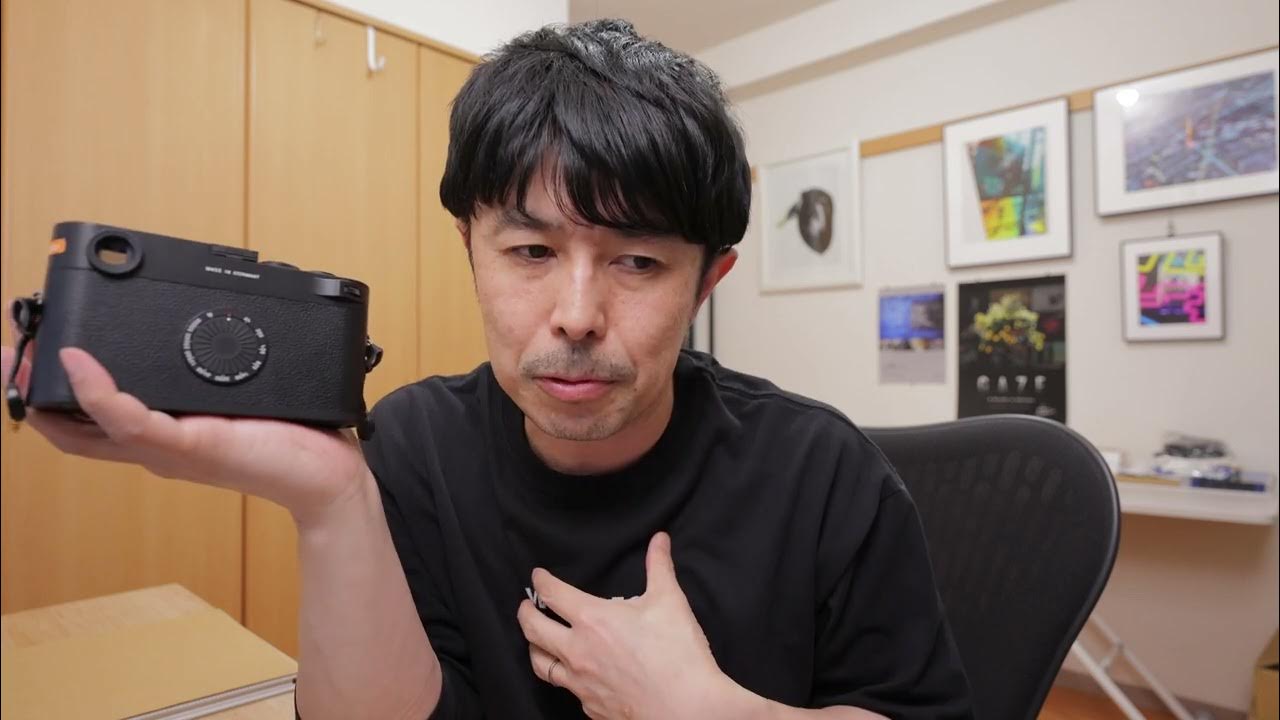٥ عوامل طورت من مهاراتي في التصوير وجعلت مني مصور محترف
Summary
TLDRIn this video, the speaker shares his personal journey into photography, starting with his father's gift of a film camera. He discusses the evolution of his skills, emphasizing experimentation, learning from others, and collaborating with seasoned photographers. The speaker highlights key techniques such as the importance of lighting, angles, and composition, and stresses the value of trying different ideas to enhance creativity. He also reflects on the significance of sharing work on social media for motivation and growth. Ultimately, the video offers practical advice for aspiring photographers to develop their craft and achieve success.
Takeaways
- 😀 Experiment with different angles and lighting to find the best composition, even if it differs from the client's request.
- 😀 Collaboration with skilled photographers helps you learn quickly and improve your craft through shared knowledge and feedback.
- 😀 Don’t focus solely on lighting. Consider the artistic aspects like composition, color, and angles to enhance the overall quality of your photos.
- 😀 Test and experiment with different techniques and ideas. This hands-on approach will give you a deeper understanding of photography.
- 😀 When you know a piece of information, such as the depth of field, make sure to test it practically to understand it on a deeper level.
- 😀 Lighting is important, but composition, angles, and the colors in your photo can have a greater impact on how people perceive your work.
- 😀 Working with other photographers in a supportive environment motivates you to improve and enjoy the process of shooting.
- 😀 Developing your own photography style comes from practicing and imitating the work of others to understand their techniques.
- 😀 Share your work on social media to receive feedback and encouragement, which will motivate you to keep shooting and improving.
- 😀 When studying another photographer’s work, focus on the details—clothing, composition, and poses—to understand their approach more deeply.
- 😀 Consistency and dedication in experimenting with different techniques will help you grow your skills over time and develop your personal style.
Q & A
How did the speaker get into photography?
-The speaker initially got into photography when his father bought him a film camera. He had 36 shots available on the film, and once the film was finished, it was replaced. This sparked his interest, even though he didn't initially plan to become a photographer.
What was the speaker's first camera?
-The first camera the speaker owned was a film camera with 36 shots, purchased by his father. Later, when studying in Malaysia, he bought a digital camera (DSLR) which helped him explore photography further.
How did the speaker develop his photography skills after returning to Saudi Arabia?
-After returning to Saudi Arabia, the speaker worked for a company, which helped him develop his photography skills significantly. He learned the importance of continuous practice and experimentation.
What does the speaker recommend for photographers to improve their skills?
-The speaker recommends experimenting with different angles, lighting, and compositions to improve photography skills. By testing out ideas and comparing results, photographers can find what works best for their style.
Why does the speaker suggest trying different angles and setups during a photoshoot?
-The speaker suggests experimenting with different angles and setups because sometimes the most surprising and better results come from trying new perspectives, even after finishing the intended shot.
What lesson does the speaker emphasize about learning through experimentation?
-The speaker emphasizes that experimentation is crucial for a deeper understanding of photography. Simply knowing facts about photography isn't enough; hands-on experience and testing ideas are necessary for mastery.
How important is collaboration with other photographers in improving skills?
-Collaboration with more experienced photographers is vital for improving skills. The speaker mentions that working with others who are more skilled can lead to faster learning and personal growth.
What is the speaker's stance on the importance of lighting in photography?
-While the speaker acknowledges that lighting is crucial in photography, he also stresses that elements such as the composition, angles, and content of the image are equally important, as they contribute to the overall impact of the photograph.
What does the speaker suggest regarding the study and imitation of other photographers' works?
-The speaker suggests that photographers should study and try to replicate the work of other photographers. This helps them gain valuable experience and insights that can lead to the development of their unique style.
Why does the speaker recommend sharing your work publicly, especially on social media?
-The speaker recommends sharing work on social media to receive feedback, encouragement, and recognition. This helps boost motivation and improves one's skills, as public sharing encourages photographers to keep creating and refining their craft.
Outlines

This section is available to paid users only. Please upgrade to access this part.
Upgrade NowMindmap

This section is available to paid users only. Please upgrade to access this part.
Upgrade NowKeywords

This section is available to paid users only. Please upgrade to access this part.
Upgrade NowHighlights

This section is available to paid users only. Please upgrade to access this part.
Upgrade NowTranscripts

This section is available to paid users only. Please upgrade to access this part.
Upgrade NowBrowse More Related Video

フイルム撮影について今考えていること【M11-Dとの出会い】

BELAJAR FOTOGRAFI BASIC PHOTOGRAPHY SMARTPHONE

Porn Director Reveals Secrets Of The Adult Industry | Minutes With | @LADbible

How I Got My Start in Video

Hyderabad to Japan | Self Introduction | IIT Bombay

I Shot in JPEG for 3 Years. Here's what I learned (Fujifilm X100VI, XT5, Ricoh GR III)
5.0 / 5 (0 votes)